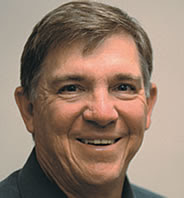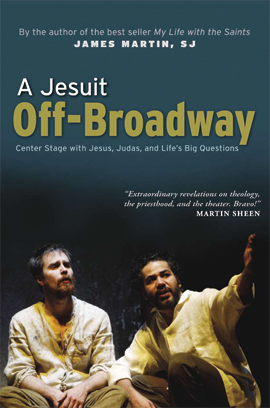
by Marilyn Chandler McEntyre
Humankind's ability to use words to express, describe and explain is a gift from God, ergo humans should practice stewardship with language in much the same way we are challenged to care for the Creator's gifts of water, earth and other resources.
"Like any other life-source," McEntyre posits, "language can be depleted, polluted, contaminated, eroded and filled with artificial stimulants."
If we are good stewards of language, we'll recognize its value and commit ourselves to protect and preserve it, use it well and battle those who would use language for ill ends. Caring for words, this California college professor states, is a moral issue; conversation is "a life-sustaining practice, a blessing, and a craft to be cultivated for the common good."
- Propaganda;
- spin;
- ad hominen arguments;
- smear campaigns; distortion;
- lies;
- euphemisms;
- overgeneralizations.
And many more.
Better solutions than "whatever"
For some years "Valley girls" were mocked for initiating sentences with the word "like," yet the angst that "like" creates for stewards of language may be small beer compared with the aggravation that follows the current non-response that supposedly answers all difficulties: "Whatever."
McEntyre offers three prescriptions against the disease that afflicts the English language: 1) Deepen and sharpen our reading skills; 2)Cultivate habits of speaking and listening that foster precision and clarity; and 3), Be makers and doers of the word, which she describes as "to indulge in word play, to delight in metaphor, to practice specificity and accuracy, to listen critically and refuse cliches and sound bites that substitute for authentic analysis."
She blames text messaging for rapidly eroding spelling and punctuation skills while training users to trade precision for speed.
In much the same way the earth's resources are being depleted, so too she charges "the rich soil of lively discourse is being depleted."
You only need to have what you thought was a relevant discussion be concluded by a "whatever" to find you agree.
Love words, challenge lies
To counter the erosion, if not the near criminal loss of vocabulary, McEntyre presents a dozen strategies for those who would be stewards of words. "Love words" is the first.
Her text itself makes that easy to do and inspires one to follow her suggestion to look at words -- not through them -- and to search for ones that are "intriguing, complex, haunting, curious, interestingly ambiguous, troubling or delightful."
"Tell the truth" is another strategy, and anyone who ever heard the deaths of innocent civilians described as "collateral damage" understands the moral implication behind that misuse of words.
As McEntyre puts it, stewards of words need to be inquisitive about what they read or hear:
"The process by which things come to us are often deliberately hidden or left unmentioned so as not to draw attention to the less savory aspects of process like pollution, abusive labor practices, fuel consumption, dangerous pesticides, unfair treatment of animals, insider trading."
Her solution?
"Humbly inquiring what the user means, and then listening," then calling liars into account -- especially when their lies threaten the welfare of the community."
There is so much more in the 234-page Eerdmans paperback.
Take Professor McEntyre's advice. Read paragraphs and re-read them.
"Taste" words.
Chew on them.
You'll find you are satisfying a hunger you may not have known you had. - bz



1 comment:
thanks for bringing this interesting book to our attention! once again, i'm going right from your blog to amazon...
Post a Comment